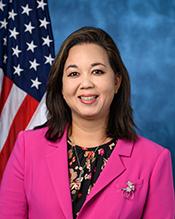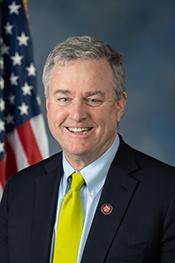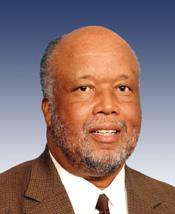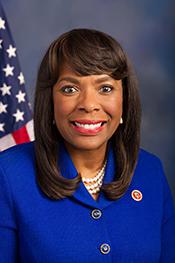0
0
0
Commemorating the 60th anniversary of the War on Poverty and acknowledging its shortcomings.
3/14/2024, 4:05 AM
Summary of Bill HRES 971
Bill 118 HRES 971, also known as the "Commemorating the 60th Anniversary of the War on Poverty and Acknowledging its Shortcomings" bill, was introduced in the US Congress to recognize and reflect on the impact of the War on Poverty, which was launched by President Lyndon B. Johnson in 1964.
The bill acknowledges the efforts made over the past six decades to combat poverty in the United States, including the creation of programs such as Medicare, Medicaid, and Head Start. It also recognizes the progress that has been made in reducing poverty rates and improving the lives of millions of Americans.
However, the bill also acknowledges the shortcomings of the War on Poverty, including the persistence of poverty in certain communities, the racial and gender disparities in poverty rates, and the challenges faced by low-income families in accessing quality education, healthcare, and housing. The bill calls for a renewed commitment to addressing poverty in America, with a focus on implementing policies that are effective, equitable, and sustainable. It emphasizes the importance of investing in education, job training, affordable housing, and healthcare to lift individuals and families out of poverty and create a more just and equitable society. Overall, Bill 118 HRES 971 serves as a reminder of the ongoing need to address poverty in the United States and calls on Congress to work towards solutions that will improve the lives of all Americans, regardless of their socioeconomic status.
The bill acknowledges the efforts made over the past six decades to combat poverty in the United States, including the creation of programs such as Medicare, Medicaid, and Head Start. It also recognizes the progress that has been made in reducing poverty rates and improving the lives of millions of Americans.
However, the bill also acknowledges the shortcomings of the War on Poverty, including the persistence of poverty in certain communities, the racial and gender disparities in poverty rates, and the challenges faced by low-income families in accessing quality education, healthcare, and housing. The bill calls for a renewed commitment to addressing poverty in America, with a focus on implementing policies that are effective, equitable, and sustainable. It emphasizes the importance of investing in education, job training, affordable housing, and healthcare to lift individuals and families out of poverty and create a more just and equitable society. Overall, Bill 118 HRES 971 serves as a reminder of the ongoing need to address poverty in the United States and calls on Congress to work towards solutions that will improve the lives of all Americans, regardless of their socioeconomic status.
Read the Full Bill
Current Status of Bill HRES 971
Bill HRES 971 is currently in the status of Bill Introduced since January 17, 2024. Bill HRES 971 was introduced during Congress 118 and was introduced to the House on January 17, 2024. Bill HRES 971's most recent activity was Referred to the House Committee on Oversight and Accountability. as of January 17, 2024
Bipartisan Support of Bill HRES 971
Total Number of Sponsors
1Democrat Sponsors
1Republican Sponsors
0Unaffiliated Sponsors
0Total Number of Cosponsors
42Democrat Cosponsors
42Republican Cosponsors
0Unaffiliated Cosponsors
0Policy Area and Potential Impact of Bill HRES 971
Primary Policy Focus
Social WelfareAlternate Title(s) of Bill HRES 971
Commemorating the 60th anniversary of the War on Poverty and acknowledging its shortcomings.
Commemorating the 60th anniversary of the War on Poverty and acknowledging its shortcomings.
Comments
Sponsors and Cosponsors of HRES 971
Latest Bills
National Defense Authorization Act for Fiscal Year 2026
Bill S 1071December 11, 2025
Electric Supply Chain Act
Bill HR 3638December 11, 2025
State Planning for Reliability and Affordability Act
Bill HR 3628December 11, 2025
Increasing Investor Opportunities Act
Bill HR 3383December 11, 2025
ASCEND Act
Bill S 1437December 11, 2025
Providing for consideration of the bill (H.R. 3001) to advance commonsense priorities.
Bill HRES 486December 11, 2025
Snow Water Supply Forecasting Reauthorization Act of 2025
Bill HR 3857December 11, 2025
Federal Firefighters Families First Act
Bill HR 759December 11, 2025
ADS for Mental Health Services Act
Bill S 414December 11, 2025
Providing for consideration of the bill (H.R. 2550) to nullify the Executive Order relating to Exclusions from Federal Labor-Management Relations Programs, and for other purposes.
Bill HRES 432December 11, 2025





